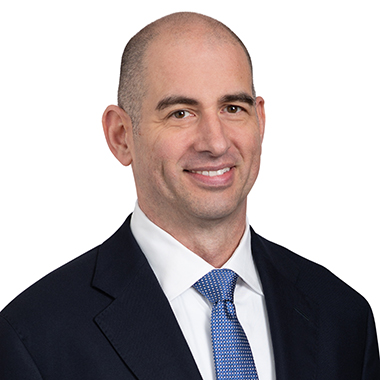U.S. Supreme Court Grants Certiorari to Address Patent Enablement Requirement
The Supreme Court today announced that it has granted certiorari in the closely watched patent case Amgen et al. v. Sanofi et al., case number 21-757. In agreeing to hear this case, the Court will now have an opportunity to weigh in on the appropriate standard to be applied when considering whether a patent is sufficiently enabled to satisfy 35 U.S.C. §112. Attacks on the validity of patents for failure to satisfy the enablement requirement of 35 U.S.C. §112 have skyrocketed in recent years, particularly in connection with patents covering newly developed medicines in the biotechnology industry. The Supreme Court’s ultimate decision in case, however, is likely to have wide ranging impact well beyond the biotechnology industry.
This case arises from a February 2021 decision by the Federal Circuit invalidating claims of two Amgen patents directed to a cholesterol medication Repatha®. In that decision, the Federal Circuit held that Amgen had failed to satisfy the enablement requirement, contending that for one of skill in the art to reach the full scope of the invalidated claims, that person would have to engage in "undue experimentation." This decision paved the way for Sanofi and Regeneron to continue sales of their competing medication, Praluent®, which, like Amgen’s medicine, generates hundreds of millions of dollars in revenue annually.
Of note, Amgen initially petitioned for certiorari on two questions (internal quotations omitted for clarity):
- Whether enablement is a question of fact to be determined by the jury or a question of law that the court reviews without deference.
- Whether enablement is governed by the statutory requirement that the specification teach those skilled in the art to make and use the claimed invention or whether it must instead enable those skilled in the art to reach the full scope of the claimed embodiments without undue experimentation – i.e., to cumulatively identify and make all or nearly all embodiments of the invention without substantial time and effort.
In its grant of certiorari, the Supreme Court has indicated that it will limit its review to only the second question. Given the breadth of the second question, however, this case is expected to generate significant interest by amicus filers looking, on the one hand, to inform the Court as to perceived dangers of maintaining the status quo and, on the other hand, others looking to highlight perceived dangers of modifying the current articulation of the enablement requirement advanced by the Federal Circuit in their 2021 decision.
Baker Botts will continue to monitor this important area of the law and will provide future reports as that law continues to develop. If you have any questions about this case please do not hesitate to contact a member of our Intellectual Property team so that we may further assist you.
ABOUT BAKER BOTTS L.L.P.
Baker Botts is an international law firm whose lawyers practice throughout a network of offices around the globe. Based on our experience and knowledge of our clients' industries, we are recognized as a leading firm in the energy, technology and life sciences sectors. Since 1840, we have provided creative and effective legal solutions for our clients while demonstrating an unrelenting commitment to excellence. For more information, please visit bakerbotts.com.
